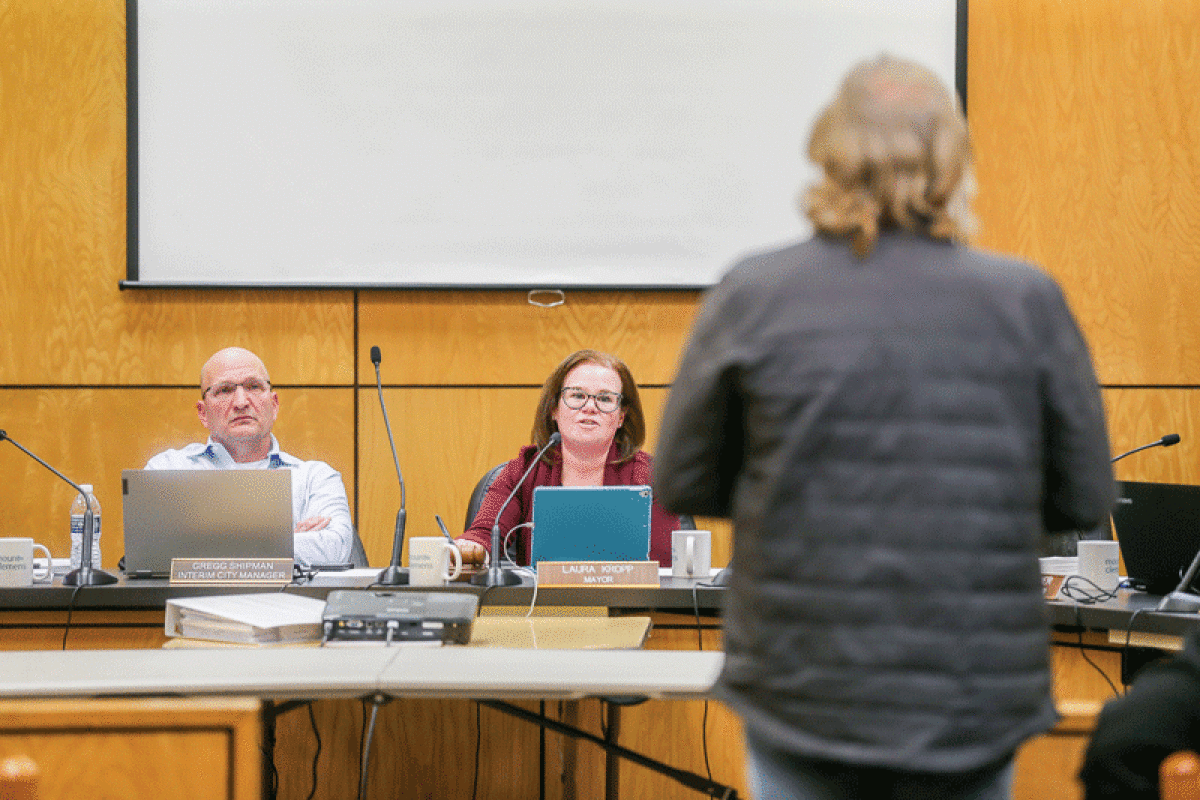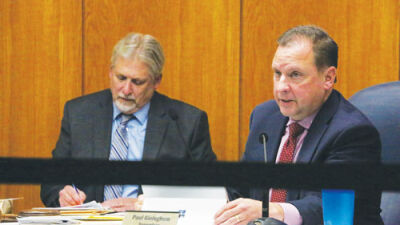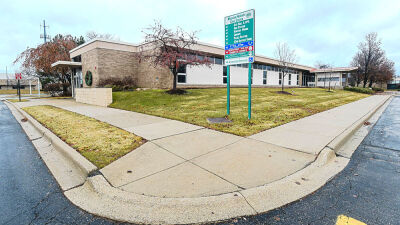MOUNT CLEMENS — City Commissioners in Mount Clemens again addressed the future of the city’s municipal water system on Dec. 5.
At their regulate meeting, when presented with two options to address the issues facing the city’s current water plant operations and life, commissioners voted 4-3 to pursue a $45 million Michigan Drinking Water State Revolving Fund (DWSRF) grant to help build a new 8 million gallon per day water filtration plant. The alternative option would be to pursue a $10 million DWSRF grant to help with costs associated with connecting to the Great Lakes Water Authority system.
Commissioners Rashidah Hammond, Denise Mentzer, Glenn Voorhess and Barb Dempsey supported maintaining a municipal system, arguing that an independent system would allow residents to use water as they wished. Mentzer said he also believes the city is in the financial position to handle the project.
“I believe that we can do this because, when I look … at our audit it says for the water supply system for the year ending June 20, 2022, we have an unrestricted cash and investments value of $3,197,000,” Mentzer said. “That’s $200,000 more than last year. And right now, our long-term debt service for the water plant is down to $382,000; last year, it was at $508,000. We have paid off $800,000 in a year; we’re going to pay these $382,000 off by June, and we will probably have no long-term debt, and we have a fund balance of $3 million.”
Mentzer stated the money would be spent on building an asset for the city that could sell water to its neighbors like Selfridge Air National Guard Base, Clinton Township, Eastpointe and Roseville.
Another concern Mentzer had with the GLWA was potentially taking on the debt of non-paying members, a situation that happened to suburban communities when Highland Park refused to pay for GLWA services.
About 10 members of the audience expressed a desire for the city to keep its own water system. Several expressed uncertainty about the quality of the GLWA’s water and the benefits of investing in new water infrastructure.
Commissioners Ronald Campbell and Laura Fournier joined Mayor Laura Kropp in voting against seeking the $45 million grant, preferring instead a switch to the GLWA. Fournier said her vote was based on the potential negative effects that building a new plant could have on the city’s financial standing and said the money could be better spent on improving the sewer system and other pieces of municipal infrastructure.
“I’m struggling with this because … when I look at the financial position we’re finally getting into, we’re going to go (down) right back in one economic downturn,” Fournier said. “I just don’t want to get into that situation again.”
Two members of the audience expressed support for the GLWA switch, including Brian Barker, Macomb County’s representative to the GLWA.
While the board’s vote shows a preference for how it would like to proceed for the future of water service in Mount Clemens, the Dec. 5 vote is not the end of this issue. The Michigan Department of Environment, Great Lakes, and Energy — which handles the DWSRF grants — could ultimately decide to not award the grant.
Commissioners also expressed strong interest in holding a public vote in 2023 or 2024 to see what city residents would prefer. The results of a vote, if held in November 2023, could lead to the city turning down money awarded when grant winners are announced in September.
“This has been and will be the biggest decision this commission makes,” Voorhess said. “It’s going to affect not only us who are sitting here, but our children and our grandchildren. … Timing is everything. If we don’t get approved by the state, we have now kicked the can down the road another year.
“What I would like to see is the administration … get language prepared for the next election (in November 2023) so we can put it to a vote of the people as to whether they want to approve a $45 million bond issue,” Voorhess said.
 Publication select ▼
Publication select ▼






















